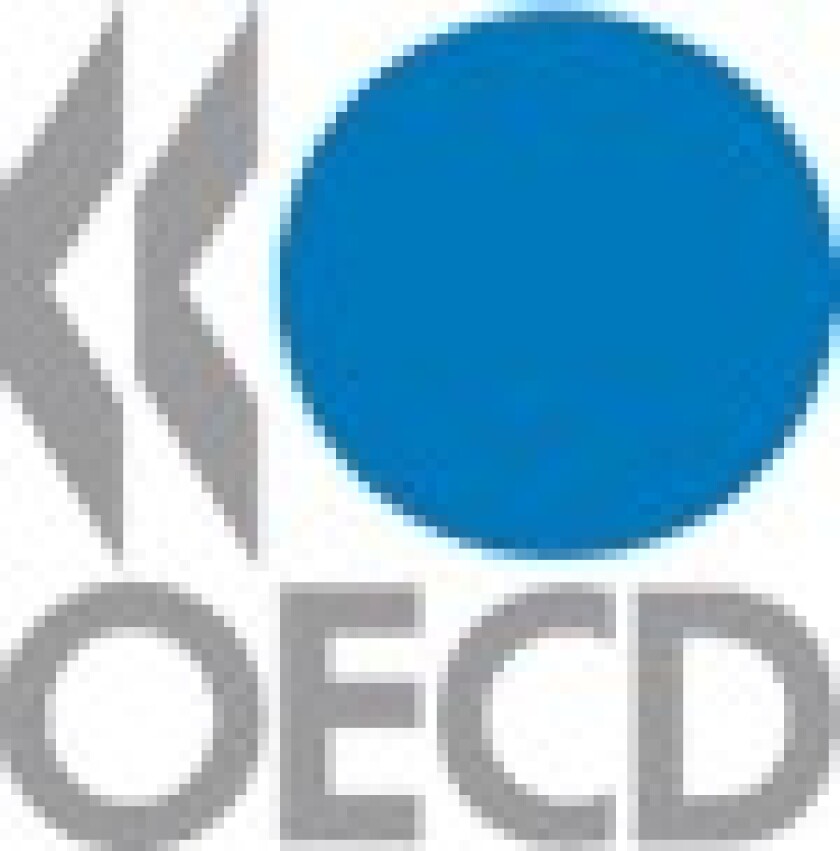At June’s G20 summit in Mexico, the leaders of the world’s major economies released a joint declaration committing to lead by example in implementing the practice of AIE. This has driven AIE to the fore and made it a key part of political efforts to tackle tax evasion through inter-governmental cooperation.
The debate has also been advanced by tax justice campaigners, for whom exchange of information on request is not satisfactory. They want to see AIE become the norm.
“The on-request model of tax information exchange agreements is not sufficiently strong to tackle tax evasion,” said John Christensen, of the Tax Justice Network. “Automatic exchange of information makes it possible to tax capital and not just income and capital gains.”
The OECD report on AIE states that the open international architecture of today’s world, with taxpayers operating cross-borders while tax administrations remain confined to their national borders, “can only be sustained where tax administrations cooperate [and] one key aspect of international tax cooperation is exchange of information (EoI)”.
The report defines AIE as involving the systematic and periodic transmission of bulk taxpayer information by the source country to the residence country concerning various categories of income, for example dividends, interest, royalties, salaries and pensions.
According to that definition, Denmark has the highest number of AIE relationships, sending information automatically to 70 countries. The report also shows that eight countries – Australia, Belgium, Canada, France, Spain, Sweden, the UK and US – sent more than one million records to other countries within the latest 12 month period for which data is available (this timeframe varies from country to country).
The OECD report lists the following benefits of AIE:
It can provide timely information on non-compliance where tax has been evaded either on an investment return or the underlying capital sum.
It can help detect cases of non-compliance even where tax administrations have had no previous indications of non-compliance.
The deterrent effect of AIE increases voluntary compliance and encourages taxpayers to report all relevant information.
It helps to educate taxpayers in their reporting obligations, increases tax revenues and leads to fairness.
Confidentiality of information exchanged
One key concern with AIE is that the information being exchanged is kept confidential and is used only for the purposes allowed and intended. Therefore, from the sending country’s perspective, confidentiality and reciprocity, acknowledgement and feedback were the components identified as vital for successful and effective implementation.
The second OECD report seeks to provide guidance on how tax administrations protect the confidentiality of taxpayer information domestically and when using EoI instruments.
“Both taxpayers and administrations have a legal right to expect that information exchanged under EoI partners have adequate safeguards to protect the confidentiality of the information that is shared,” said the report.
“Confidentiality is a cornerstone for all functions carried out within the tax administration and as the sophistication of the tax administration increases, the confidentiality processes and practices must keep pace,” the report added.
Pascal Saint-Amans, the OECD’s director of the Centre for Tax Policy and Administration, said AIE is not intended to become a new standard, but that it is a growing practice among OECD and non-OECD countries and, as recommended by the G20, he expects a number of countries to move in this direction.
“The OECD has been working on AIE for decades to assist those of its members which use this means to exchange – on all or some elements of income,” said Saint-Amans. “In a nutshell, we work on AIE to assist those countries which are willing to use it, whether they are OECD members or not. We also understand that the agreements the US will be signing shortly to implement Model 1 under FATCA will boost AIE.”
When it comes to protecting taxpayer confidentiality, Saint-Amans said the Global Forum on Transparency and Exchange of Information will be key.
“I see a big role for the Global Forum in checking the quality of the protection of confidentiality in the coming months and years,” he said. “As you can see, we have also issued a report on this issue and we expect the Global Forum to also endorse it, giving it even greater acceptance.”
He also said treaty renegotiation is not necessary for the most part.
“Finally, there is no need to renegotiate treaties to implement AIE. For those who want to do it, Article 26 as currently drafted is good enough for that,” said Saint-Amans. “Moreover, the Multilateral Convention on Mutual Assistance can also be a good legal instrument to implement AIE. You may have noticed the growing interest in this instrument – there are now 37 signatories. We expect many more countries to sign it during the next Global Forum meeting in Cape Town at the end of October.”










